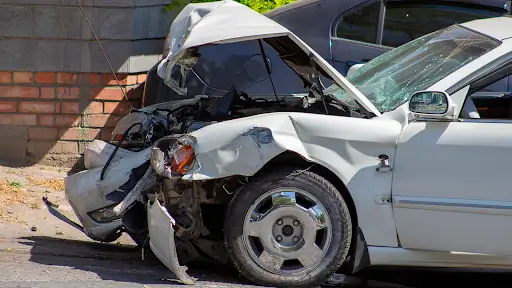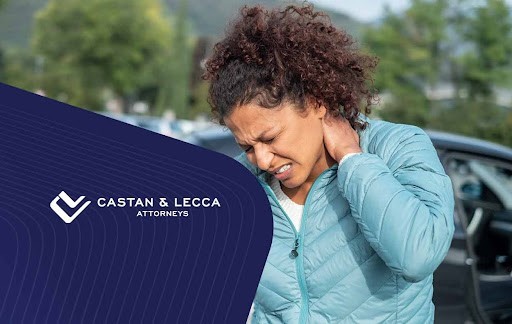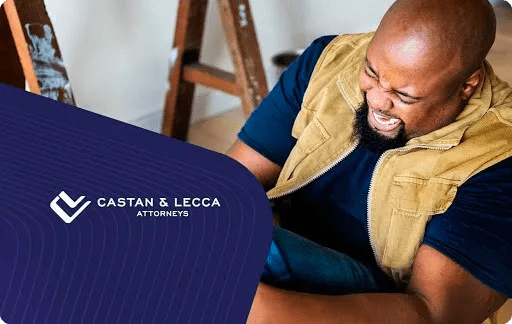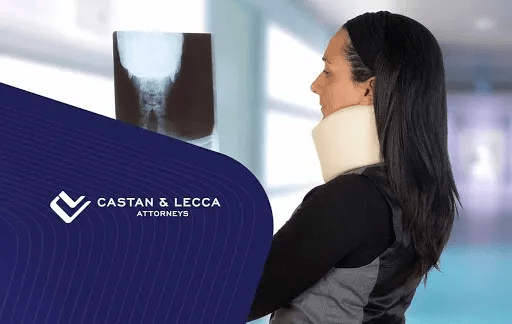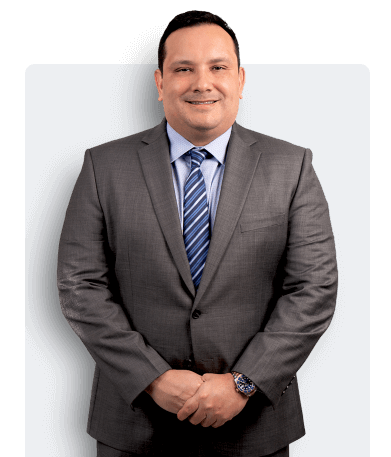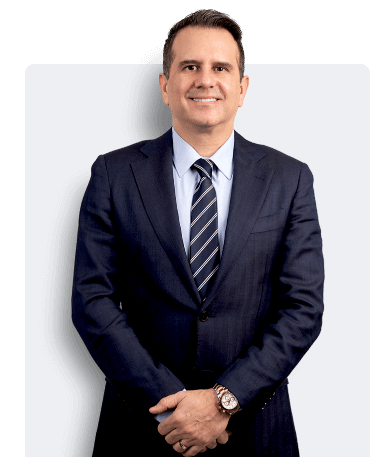How Can I Prove My Injuries in a Car Accident Claim?

Car accidents are unpredictable and often result in severe injuries along with significant financial burdens. One of the most crucial steps in securing rightful compensation is proving your injuries. This process can be complex, involving various forms of evidence, understanding legal procedures, and honing negotiation skills. This article aims to guide you through what you need to know to successfully prove your injuries in a car accident claim.
The Importance of Immediate Medical Attention After a Car Accident
Right after an accident, seeking immediate medical attention is not just critical for your well-being, but it also serves as the first and perhaps most essential piece of evidence in your case. Medical records from a qualified healthcare provider can effectively substantiate the nature and extent of your injuries. Failing to seek timely medical treatment can cast doubts on the severity of your injuries, thereby weakening your claim.
Types of Evidence to Prove Negligence and Injuries
Collecting robust evidence is the cornerstone for proving negligence and, by extension, your injuries. There are several types of evidence that can reinforce your claim:
- Police Reports: These offer an impartial view of the accident and are usually considered credible.
- Witness Testimonies: Eyewitness accounts can add different perspectives that corroborate your version of the incident.
- Medical Records: As mentioned earlier, these can verify the extent of your injuries.
- Photographs and Video Footage: Visual documentation of the accident scene, vehicle damages, and your injuries can provide compelling evidence.
The Role of an Attorney in Proving Injuries
Engaging an attorney can be a game-changer in bolstering your case. At Castan Lecca & Boeschen we can guide you on the types of evidence to collect, how to preserve them, and how to present them most effectively. Moreover, we can:
Negotiate with Insurance Companies: Lawyers possess the expertise to tackle insurance adjusters’ tactics and can protect your interests during settlement talks.
Consult with Medical Professionals: They can bring in medical experts to testify on your behalf, further strengthening your case.
Navigate Legal Procedures: Your attorney takes care of all the legal intricacies involved in filing the claim, ensuring you meet all deadlines and fulfill every procedural requirement.
Understanding the Framework of Negligence in Car Accident Claims
For your claim to be successful, you must understand the basic framework of negligence. There are four elements you need to establish:
Duty of Care: All drivers owe a responsibility to others on the road to drive safely and responsibly.
Breaching the Duty of Care: This involves showing that the defendant failed to uphold their duty, which is often the core of car accident litigation.
Causation: The link between your injuries and the defendant’s violation of their duty is essential.
Damages: Finally, you need to prove that you suffered losses that can be monetarily compensated, such as medical expenses, lost wages, and emotional distress.
Importance of Proving Negligence
In 2016, fatal car accidents resulted in approximately $44 billion in medical costs and work loss, according to the Centers for Disease Control and Prevention (CDC). Therefore, proving the other driver’s negligence is not just legally essential but also critical for social justice. With adequate evidence, you may qualify for a range of compensations like medical expenses, lost income, reduced earning capacity, emotional distress, and even scarring or physical deformity.
Considering Future Losses
Depending on your injuries, you may need ongoing or even future medical treatment. Hence, it’s critical to factor in these costs—past, present, and future—when calculating your total losses related to the accident.
Navigating Comparative Negligence in Georgia
In Georgia, even if you are partially at fault, you could still recover some compensation. According to O.C.G.A. § 51-12-33, you’re only barred from recovery if you’re 50% or more at fault. This is known as comparative negligence.
Insurance Traps to Avoid
Insurance companies are in the business of minimizing payouts. Be wary of the following tactics that they may use to reduce your settlement:
Quick Settlement Offers: Insurance adjusters may try to entice you with a quick but lowball offer. Always consult an attorney before accepting any settlement.
Recorded Statements: Be cautious when giving any recorded statements to insurance companies. They may use your words against you to diminish the value of your claim.
Medical Authorizations: Never sign a medical release form without consulting your attorney as it may give the insurance company access to your medical history, which they could use against you.
Why It’s Important to Consult an Attorney
Consulting an attorney before making any recorded statements can protect you from insurance traps and other potential pitfalls. An attorney can act as a barrier between you and aggressive insurance adjusters, ensuring that your claim is not undermined.
Proving your injuries in a car accident claim is a complex, multi-step process. Legal expertise in this area can be invaluable. If you’re facing challenges in proving your injuries, consider contacting Castan Lecca & Boeschen. Our seasoned attorneys can guide you through each stage of your claim to ensure you obtain the compensation you rightfully deserve.
You could also be interested in: How to document accident scenes effectively to support insurance claims and legal cases.

